How COVID-19 is impacting the Delayed Entry Program and threatening the health of recruits.
By Pat Elder / National Network Opposing the Militarization of Youth, NNOMY - June 8, 2020
- Leer la versión en español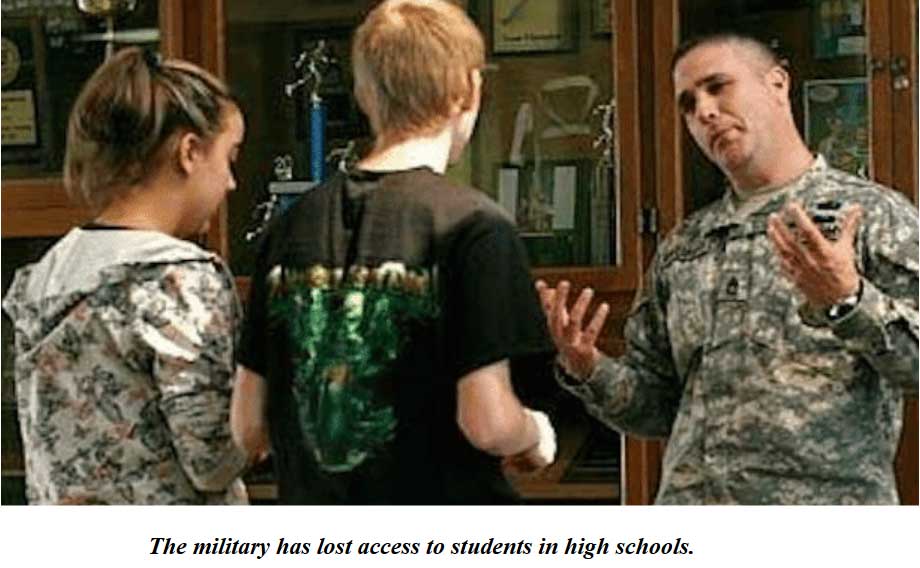 COVID-19 has profoundly impacted the way the military finds new soldiers. The recruiting command was caught unprepared to face the pandemic and is facing a challenging new reality.
COVID-19 has profoundly impacted the way the military finds new soldiers. The recruiting command was caught unprepared to face the pandemic and is facing a challenging new reality.
Military recruiting is an intense, psychological pursuit that has traditionally relied on the ability of recruiters to develop close relationships with teenage prospects. These relationships were cultivated in the nation’s high schools where recruiters enjoyed access to children. Recruiters served as coaches and tutors. They brought donuts to the faculty. They ate lunch with prospects, sometimes a hundred times in a single school year. Military recruiters played one-on-one basketball after school with potential recruits and became best of friends with some kids. So friendly, hundreds of male recruiters have been implicated in inappropriate sexual relationships with underaged girls.
High schools were the center of the recruiting universe, but that ended abruptly in March when the enlistment pipeline was ruptured. Recruiters enlisted seniors and placed them into the Delayed Entry Program (DEP) in which a student’s entry into active duty is postponed for up to 365 days. (The Army now calls it the Future Soldier Program.) The thrust of the DEP program is to maintain future soldier motivation while minimizing attrition. When DEP members report to basic training, they are accessed (enlisted) into active duty.

 For fourteen years a dedicated group of anti-war citizens in a working-class suburb of Boston, MA, has worked to inform high school students in their community, including their own children, about the perils of military recruitment. Chelsea Uniting Against the War (CUAW) convenes within the first week of the school year to distribute counter-recruitment flyers informing students of the risks of military service. They then follow up this activity by speaking with students one-on-one during school lunch breaks while distributing forms to opt out of school releases of student information to military recruiters. These lunchtime events occurred twice each year and were always preceded by a phone call to the principal’s office to determine an appropriate date. At no time did CUAW enter the school without prior notice.
For fourteen years a dedicated group of anti-war citizens in a working-class suburb of Boston, MA, has worked to inform high school students in their community, including their own children, about the perils of military recruitment. Chelsea Uniting Against the War (CUAW) convenes within the first week of the school year to distribute counter-recruitment flyers informing students of the risks of military service. They then follow up this activity by speaking with students one-on-one during school lunch breaks while distributing forms to opt out of school releases of student information to military recruiters. These lunchtime events occurred twice each year and were always preceded by a phone call to the principal’s office to determine an appropriate date. At no time did CUAW enter the school without prior notice.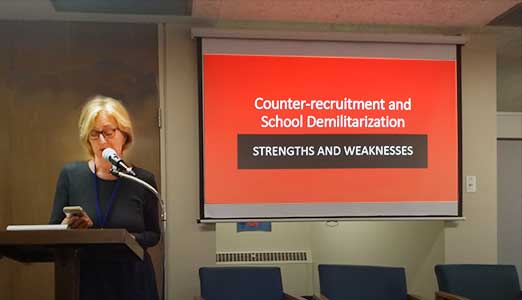
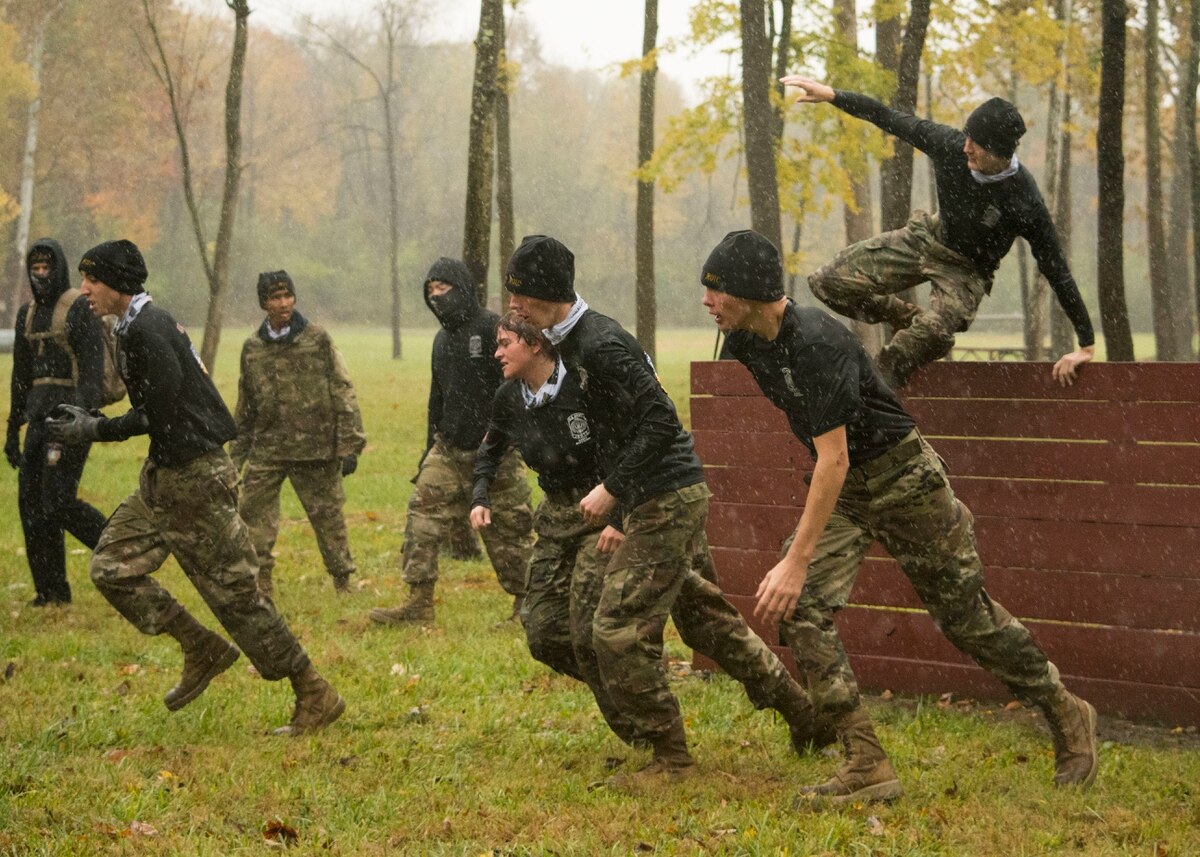
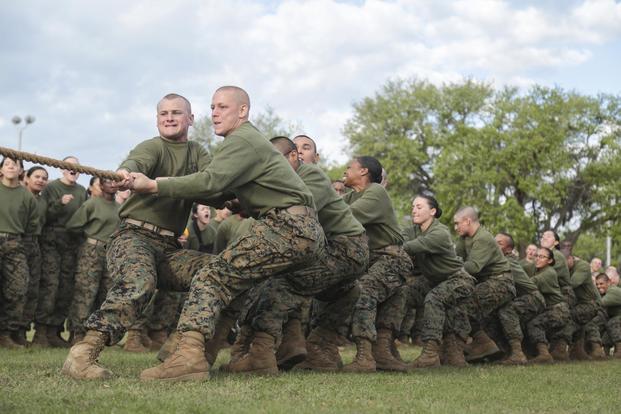
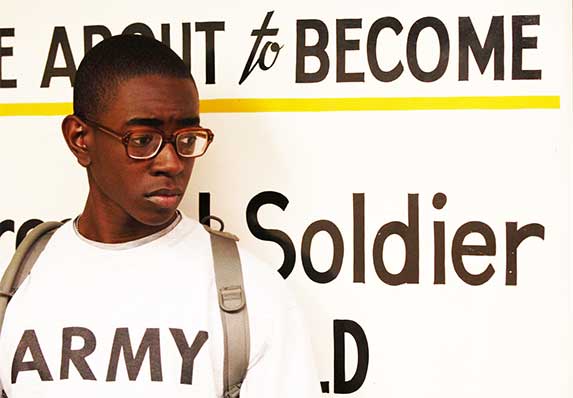 by Rolando Zenteno / Facing South - Since the U.S. ended the draft in 1973, young adults from Southern states* have been
by Rolando Zenteno / Facing South - Since the U.S. ended the draft in 1973, young adults from Southern states* have been